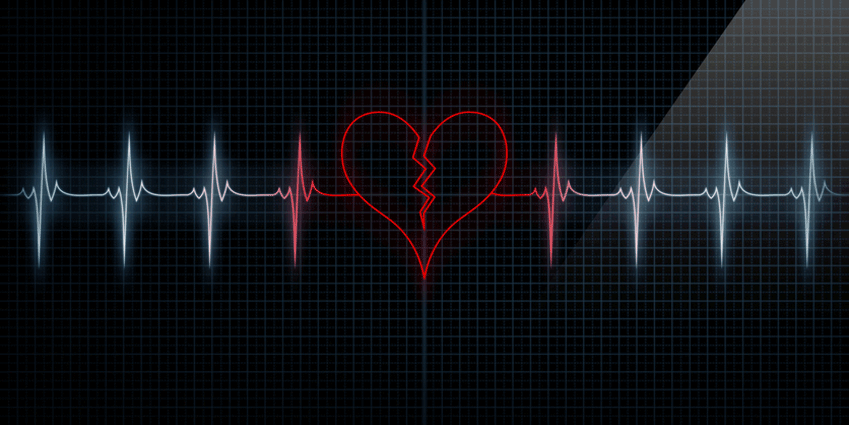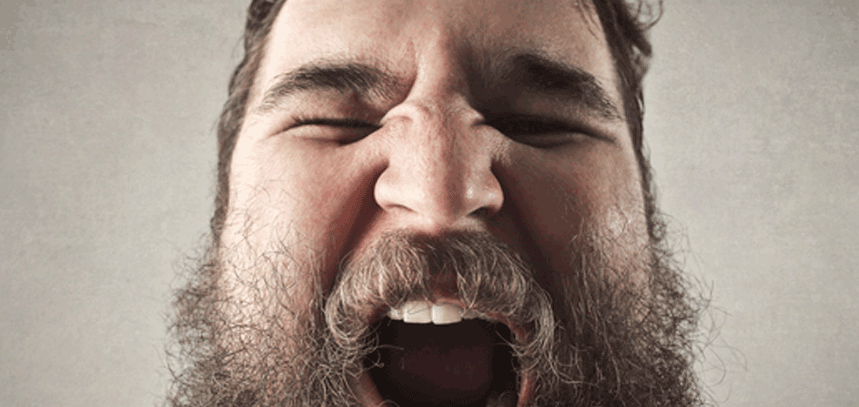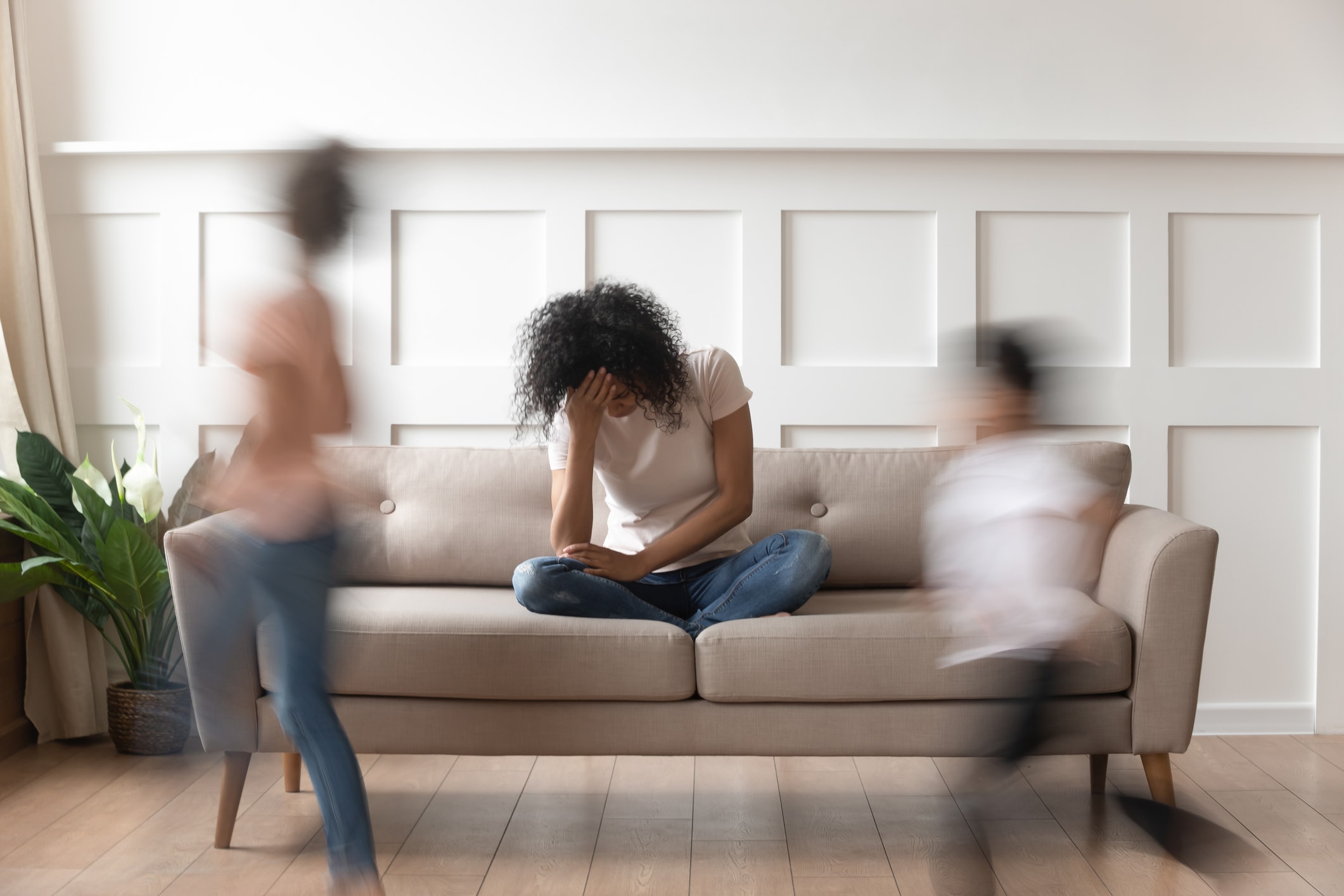Fighting off COVID-19 means staying healthy – and healthy is just not possible without sufficient sleep.
Many think not “needing” much sleep is a badge of their stamina. They brag how they never get more than a few hours’ sleep – night after night. Is that a good thing, really?
The reality is, consistently failing to get an appropriate amount of sleep may result in significant and even life-threatening issues later on in life, and could lower your resistance against coronavirus. Here are some of them…
Major Health Problems

Failing to get an appropriate amount of sleep renders people more vulnerable to a range of issues including…
- Heart disease
- High blood pressure
- Stroke
- Diabetes
All of these issues could affect the way our bodies react toward a bout of COVID-19.
Cognitive Issues

Thinking and learning processes depend largely on a good night’s sleep. Lack of sleep hampers a person’s ability to concentrate, reason and solve problems.
In addition, different sleep cycles are needed to consolidate and make sense of memories and information collected during the course of a given day.
In the absence of appropriate sleep, this consolidation cannot occur and a person will not be able to recall or remember what was previously experienced or learned. Of course, this can affect academic performance, if not corrected.
Check out this video, 25 Scary and Surprising Effects of Sleep Deprivation – it might just change your mind about living normally on very little sleep!
Mental Health Problems

A considerable number of people who fail to get a proper amount of sleep end up suffering from depression. In some cases, the depression is persistent and does not readily resolve.
Moreover, a significant sleep deficit over an extended period of time can result in a person actually suffering psychotic symptoms. In other words, a person no longer experiences normal thought processes and endures abnormal perceptions of reality.
Spending a significant amount of time indoors during this pandemic can create the conditions for depression, so a lack of sleep may increase the chances of becoming depressed.
Weight Gain

Studies have concluded that lack of sleep can contribute to an increased likelihood of obesity.
A lack of the appropriate amount of sleep appears to heighten cravings for high-carbohydrate and high-fat foods, and has a profound effect on the digestion of sugars in the body.
Given the disruption in the eating habits of people during periods of prolonged stress, in this case by the pandemic, people who don’t get enough sleep can also put on extra pounds unnecessarily.
What Can You Do?
Here are some starting points for ensuring you are getting a great night’s sleep…
- NUMBER ONE: Be objective. Don’t kid yourself about your own habits.
- NUMBER TWO: Ask those around you if they notice things like restlessness or snoring while you are asleep.
- NUMBER THREE: If you suspect a sleeping disorder like sleep apnea, get in touch with your dentist, orthodontist, doctor or other practitioner to get tested.
Sleep is a pillar of health – make sure you get enough!

